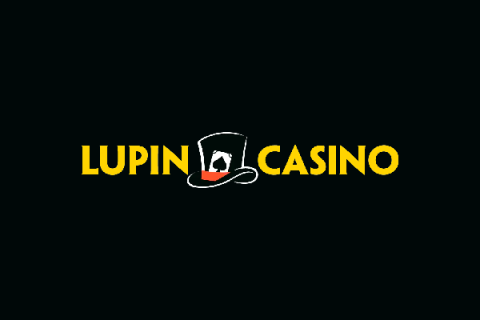Lackluster Results Has Germany Rethinking Its Online Slot Market

The Gemeinsame Glücksspielbehörde der Länder (GGL), the German gambling regulator, is considering revising its game approval process for online slots. This move is prompted by the high rejection rate of applications reviewed last year. According to the GGL’s 2023 annual report, nearly 48% of the applications were turned down.
In response to this issue, the GGL provided game studios and suppliers with a list of minimum standards for online slots, after many submissions failed to meet the required criteria. This shortfall has contributed to significant delays in the approval process.
In 2023, the GGL received 5,703 applications for virtual slot games. Of the 2,509 applications assessed, only 1,313, or 52%, were approved. The GGL noted that many game development studios were slow to respond to German legal requirements despite direct contact with nearly 100 studios.
GGL CEO Ronald Benter mentioned potential optimization strategies, including directly involving the game manufacturers in the application process to expedite approvals.
German regulation requires operators to submit each game they want to offer to the GGL for review, a process not mirrored in jurisdictions with a B2B licensing regime. In 2023, the GGL monitored 142 legal providers listed on its official whitelist and approved 39 applications to organize and broker cross-border games of chance.
Benter highlighted that many formerly illegal gambling providers are now under GGL supervision and must adhere to strict requirements, with non-compliance potentially leading to license revocation.
Market data shows that the volume of the German regulated gaming market, measured in gross gaming revenue (GGR), increased by 2% compared to 2022, reaching €13.7bn ($14.8bn). Approximately €3bn ($3.24bn), or 22%, of this total was generated online.
Operators under the GGL’s jurisdiction collectively accounted for around €3.5bn ($3.78bn) in GGR in 2023, representing 26% of the entire gaming market. Sports betting held the largest share within the GGL’s area of responsibility in 2023, generating €1.8bn ($1.94bn) in GGR, an increase of approximately €0.4bn ($0.43bn) from the previous year.
Licensed operators of virtual slot machines and online poker generated €0.4bn ($0.43bn) in GGR in 2023, representing just 3% of the entire regulated gaming market.
The GGL estimates that the black market for online gaming generated between €400m ($432m) and €600m ($648m) in GGR in 2023. In 2023, the GGL identified 205 unregulated operators with 761 German-language websites, compared to 843 websites operated by 207 unregulated entities in 2022.
The GGL estimated that the black market accounted for approximately 3% to 4% of overall German GGR. When considering the online-only GGR of €3bn ($3.24bn) of the regulated market, the share of the black market increases significantly, reaching between 12% and 17%.
To support the ongoing debate on measuring the unregulated gambling market with scientific data, the GGL initiated a study in 2023 to further investigate the black market and plans to release the data and analysis from this study in the autumn of 2024.
- Other news categories:
- SlotsUp's news





